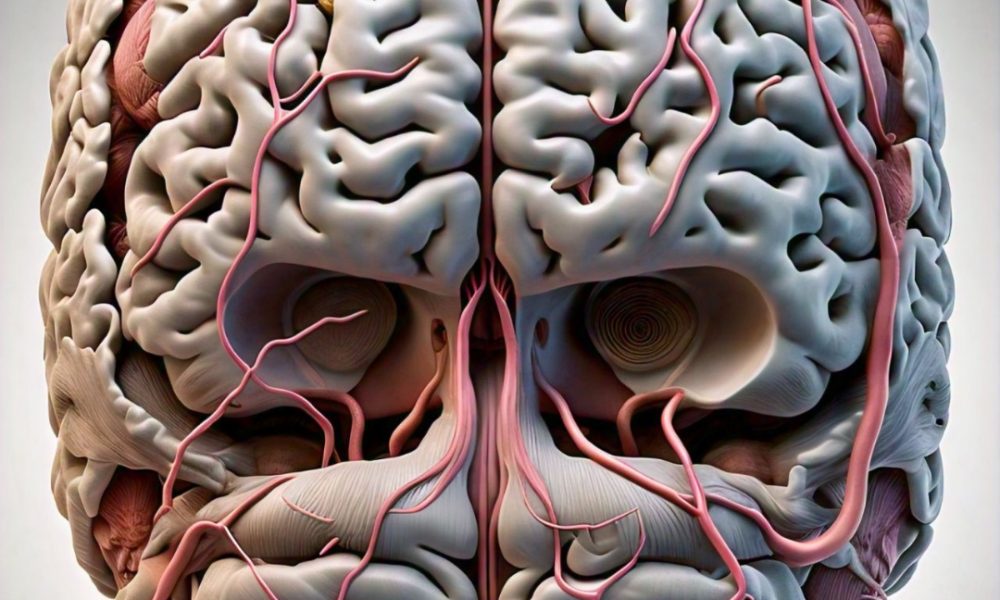The human brain is a marvel of complexity and sophistication, comprising billions of neurons and trillions of connections. It’s the control center of our body, enabling us to think, learn, move, and experience emotions. In this article, we’ll delve into the brain’s structure, function, and fascinating processes.
Brain Structure
The brain consists of three main parts:
- Cerebrum: Divided into two hemispheres (left and right), it processes sensory information, controls movement, and manages higher-level thinking.
- Cerebellum: Coordinates muscle movements, balance, and posture.
- Brainstem: Connects the cerebrum to the spinal cord, regulating basic functions like breathing, heart rate, and blood pressure.
Brain Function
The brain’s primary functions include:
- Sensory Processing: Interpreting sensory information from our environment.
- Motor Control: Coordinating movement and action.
- Cognition: Processing thoughts, emotions, and memories.
- Emotion Regulation: Managing emotional responses.
Neurotransmitters and Synapses
Neurotransmitters (chemical messengers) transmit signals between neurons through synapses (small gaps). Key neurotransmitters include:
- Dopamine: Regulates pleasure, reward, and motivation.
- Serotonin: Influences mood, appetite, and sleep.
- Acetylcholine: Involved in memory formation and muscle contraction.
Brain Regions and Their Functions
- Frontal Lobe: Decision-making, problem-solving, and motor control.
- Parietal Lobe: Processes sensory information related to touch and spatial awareness.
- Temporal Lobe: Plays a key role in memory, language, and auditory processing.
- Occipital Lobe: Primarily responsible for processing visual information.
Fascinating Brain Facts
- Brain Plasticity: The brain adapts and changes throughout life.
- Neurogenesis: New neurons are born in certain brain regions.
- Brain Wave Patterns: Different states (alpha, beta, theta, delta) reflect varying levels of consciousness.
The human brain is an intricate, awe-inspiring organ. Understanding its structure, function, and processes can provide valuable insights into our behavior, emotions, and cognitive abilities. Continued research and exploration will unravel more secrets of the brain, shedding light on the mysteries of human consciousness.

